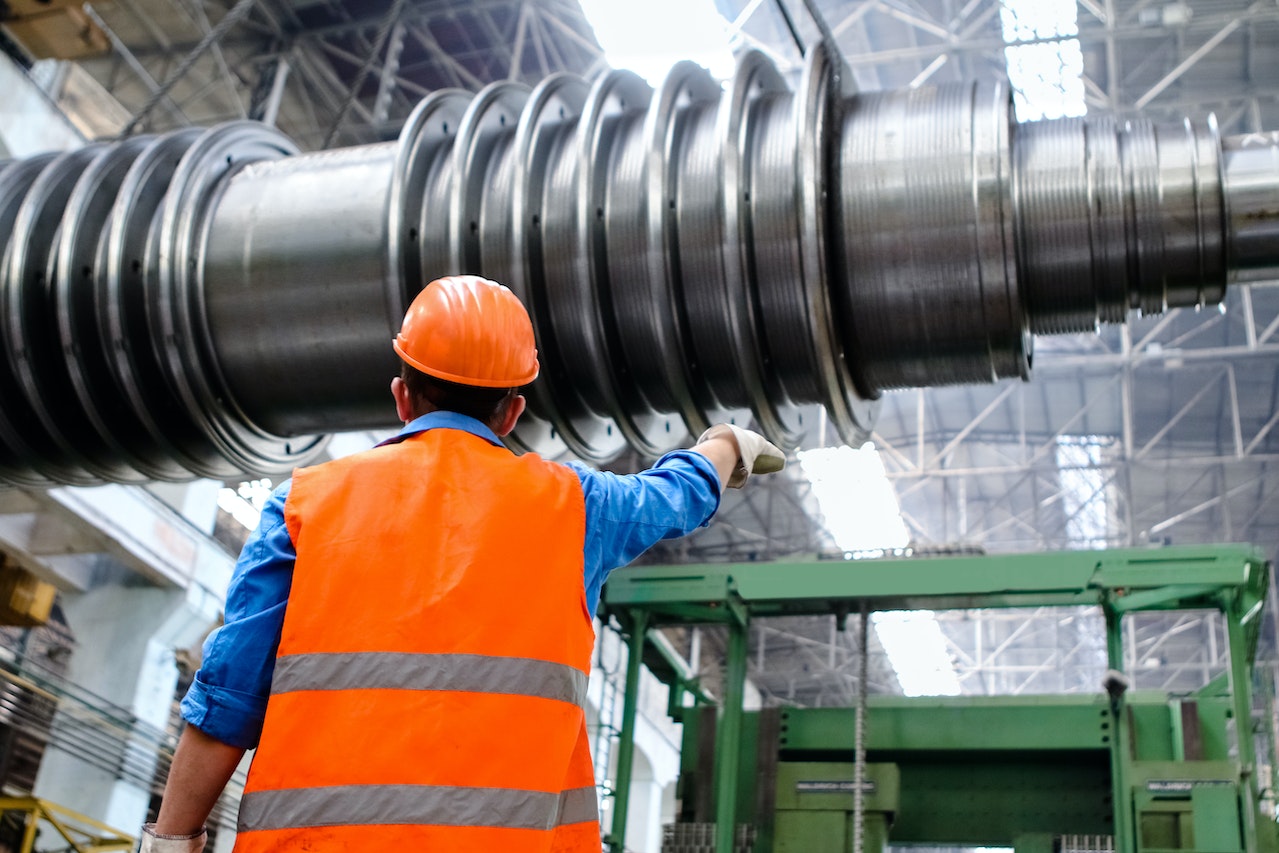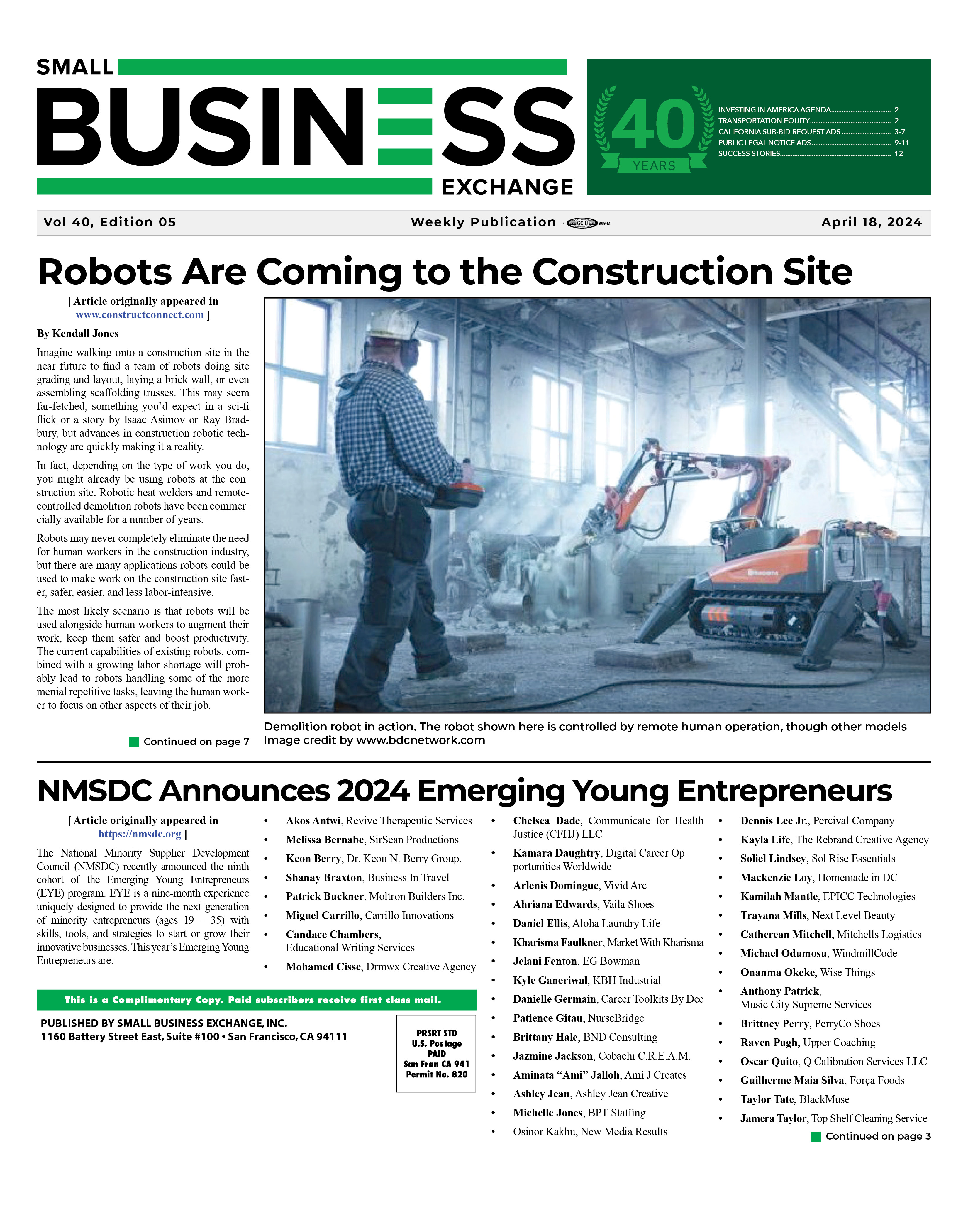
By Samantha Higgins,
For well over a century, the manufacturing sector has stayed on the cutting edge of technological development. Here are some of the ways new technology systems are changing manufacturing today.
1. The Rise of AI
Artificial intelligence is causing enormous excitement in a wide variety of industries. Long used to adopting new technologies, veteran entrepreneurs are eager to integrate
machine learning in manufacturing. Manufacturing companies can use AI for improved data analytics. With AI-powered analytic tools, one can sometimes uncover statistical trends that might otherwise go unnoticed.
In a 2020 Harris Poll, 64 percent of responding manufacturers said that AI was vital for their operations. This cohort should grow rapidly in the years to come. AI systems can potentially help companies prepare for supply chain problems
However many technologies you use, the success of your business will always depend on maintaining a solid employee team. Technology systems are only as effective as their human operators. AI can potentially ease the complex task of human resource management. For example, AI tools can help you assess employee performance more accurately. This can prove quite handy when you are looking to recruit for a management position. Instead of hiring from outside your company, you might be emboldened to promote from within.
2. Manufacturing and the Metaverse
Simply put, the metaverse is an immersive digital space accessed with virtual reality (VR) gear. VR technology has been around for quite some time now. However, this technology was long associated with entertainment and gaming. When Facebook's Mark Zuckerberg staked the future of his company on metaverse development, this made leaders in many industries sit up and take notice.
In May 2022, the Manufacturing Leadership Council (MLC) conducted a webcast exploring the potential of the metaverse. This was one of the most popular videos that the MLC has produced to date. This is one of many signs that manufacturing thought leaders take the metaverse very seriously indeed.
3. New Developments in Robotics
Industrial robots have played a huge role in manufacturing development. Robots can perform complex tasks with greater precision than even the most skilled human workers. By reducing production costs, robots allow consumers to enjoy significantly reduced retail prices. In the United States, there are over 225,000 industrial robots in factory production lines. Though this is fairly impressive, American manufacturing will have to work hard to match Japan in installing industrial robotics.
Every year, engineers develop more sophisticated robots for the production floor. The newest generation of robots is optimized for the Internet of Things (IoT). Though still in its early stages, the IoT is already digitally connecting devices in ways that can revolutionize productivity.
Some commentators see the growth of robotics as inherently net-negative for labor. However, the real story is more complicated. When robots handle riskier tasks, this reduces workplace injuries for humans.
4. Wear Technology
Wear plates are highly useful in all types of modern manufacturing. As an industrial machine operates, friction gradually wears down the metal in key spots. Attaching wear plates can significantly lengthen the life of the machine. As wear plate technology improves, this helps reduce the cost of fixed industrial capital.
5. 3D Printing
Prototyping is one area particularly amenable to technological transformation. In
manufacturing, the use of 3D printing is called additive manufacturing (AM). By using AM, you can reduce prototyping times by 90 percent or more.
6. Manufacturing Software
Naturally, machines are the most valued components in any production plant. However, one should never overlook the importance of manufacturing software. If you aren't increasing the efficiency of your investments, you run the risk of falling behind your competition. Buying quality manufacturing software helps you get the most out of your other capital investments.
Enterprise resource planning (ERP) is a software discipline that has great potential for revitalizing any ailing manufacturing business. Through ERP, you can save time on routine administrative tasks. An ERP system is a centralized platform for monitoring and managing a wide variety of manufacturing processes. With ERP software, you can manage inventory, machine maintenance, and even payroll.
Bottom Line
From product development to manufacturing and retail, every part of the entrepreneurial process is experiencing a technological revolution. New manufacturing technology has the potential to improve the quality of life throughout society.





